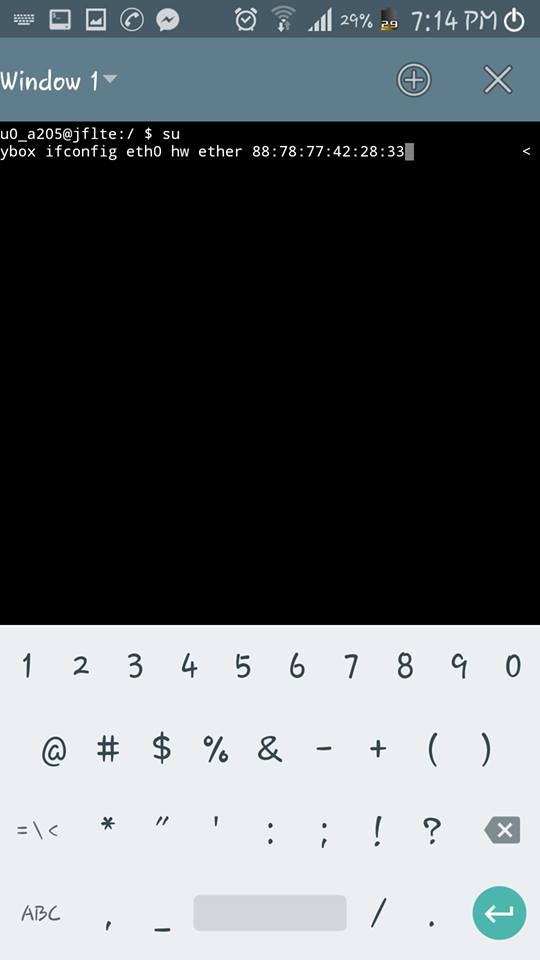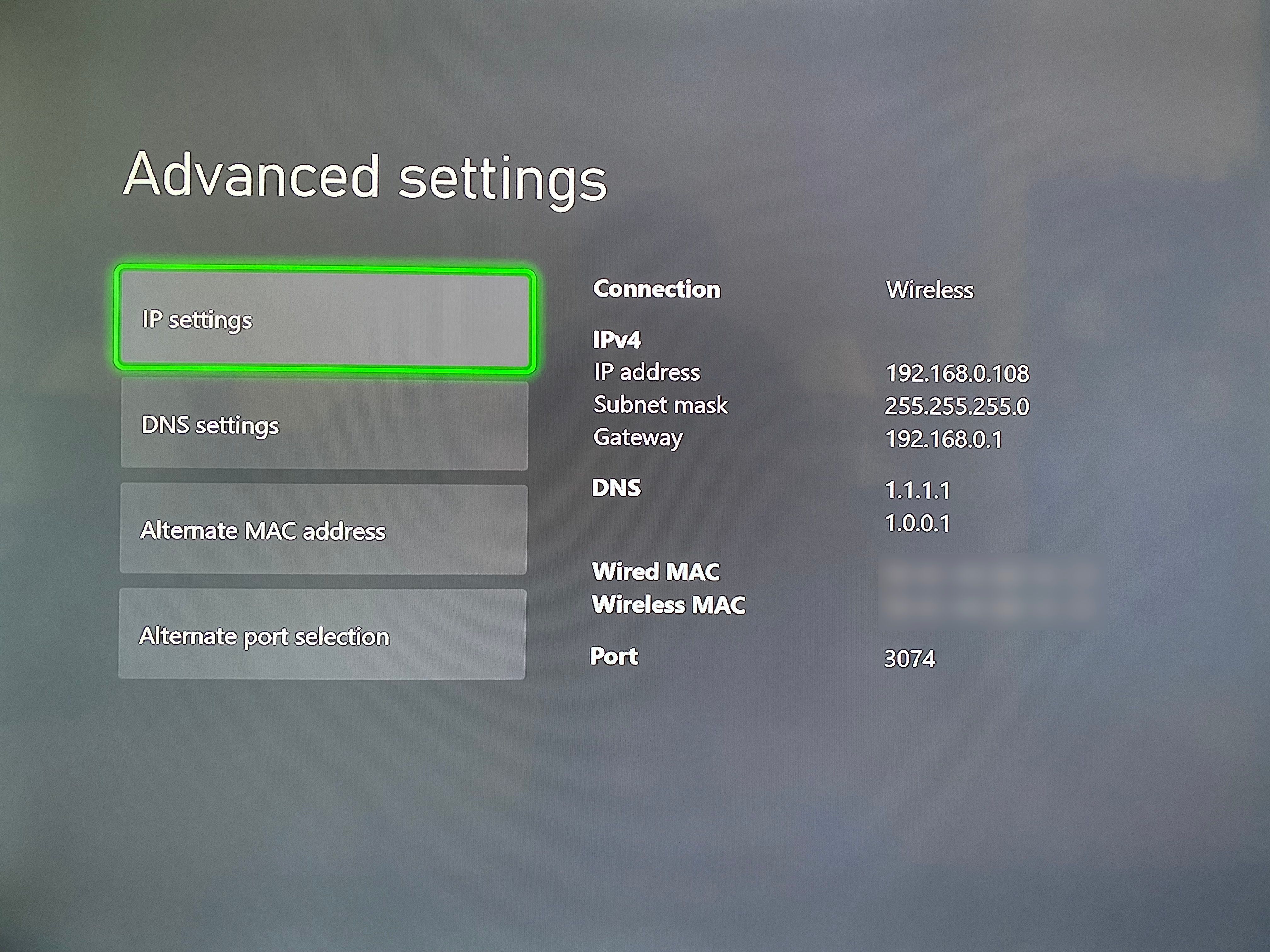
WHAT IS YOUR ALTERNATE MAC ADDRESS MAC
In a MAC address, one hexadecimal digit resembles a group of four contiguous binary bits, called a nibble. MAC addresses are binary numbers which are represented in its hexadecimal equivalent. The scope of a MAC address is limited within a Local Area Network (LAN). MAC addresses are typically locally specific. MAC (Media Access Control) addresses are hard-coded into network adapter. MAC addresses are theoretically permanent numbers, which are burned into the network card.Įvery network adapter has a MAC (Media Access Control) address assigned to it when it is manufactured. The purpose of representing the binary address in hexadecimal format is to make it easier for humans to read and understand.

Implying that you can tell the difference between the "real one" and the "cloned one" means that there is some state you can use to record the difference between the two, like the timestamp of when the virtual machine itself was created, in which case you can incorporate that into the state record.Media Access Control (MAC address or Layer 2 addresses or physical address or hardware address) addresses are 48 bit (six bytes) binary addresses represented in hexadecimals. Ultimately, if a machine is perfectly cloned, then by definition you cannot tell which one was the "real one" to begin with, only that there are now two distinguishable machines. Since you can tell them apart, you have enough information to differentiate the two cloned machines, which means you can take a subsequent action that forces further differentiation, like instructing each machine to regenerate its state file.

If the virtual machine is subsequently cloned, you will know this since you will have two machines reporting the same ID from different sources - for instance, two different network sockets, different boot times, etc. If it needs to be longer than that - say, indefinitely - then you can generate a UUID identifier on boot and save it to disk, but only use this as part of the identifying information of the machine. (Note that a VM that is cloned would still have to reboot, unless you're hot-copying it.) If the persistence needs to be longer - say, for the length of a boot - then you can regenerate UUIDs whenever the system boots. If the duration of the persistence is the length of a network connection, then you don't need any identifiers at all - the sockets themselves are unique. So, all that is required is sufficient information to tell the machines apart for whatever the duration of the persistence is. For example, two VMs can't each open the same network socket to you, so even if they are bit-level clones of each other it is possible to tell them apart. It really depends on what is meant by "persistent".
WHAT IS YOUR ALTERNATE MAC ADDRESS SOFTWARE
Ultimately, I also know that users of my software will deprecate a host and want to replace it with another, but keep continuity of the data associated with it, so there are reasons a UUID might be considered mutable over the long term, but I don't particularly want a host to start considering itself to be unknown and re-register itself for no reason.Īre there any alternative persistent, unique identifiers for a host? I'd like the solution to persist a long time, and certainly across server reboots and software restarts. Many systems like Chef already require unique hostnames. There's a cpuid but that's apparently deprecated.There's also /var/lib/dbus/machine-id, but that's dependent on dbus.They can be cloned like a state file, but in practice they generally aren't because it's such a security problem that it's a mistake not often made. The server's SSH host keys may be a candidate.Generating a state file and saving it to disk doesn't work because the virtual machine may be cloned, thus duplicating the file.



 0 kommentar(er)
0 kommentar(er)
